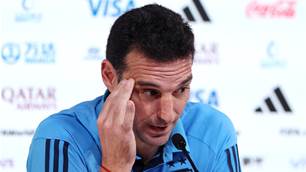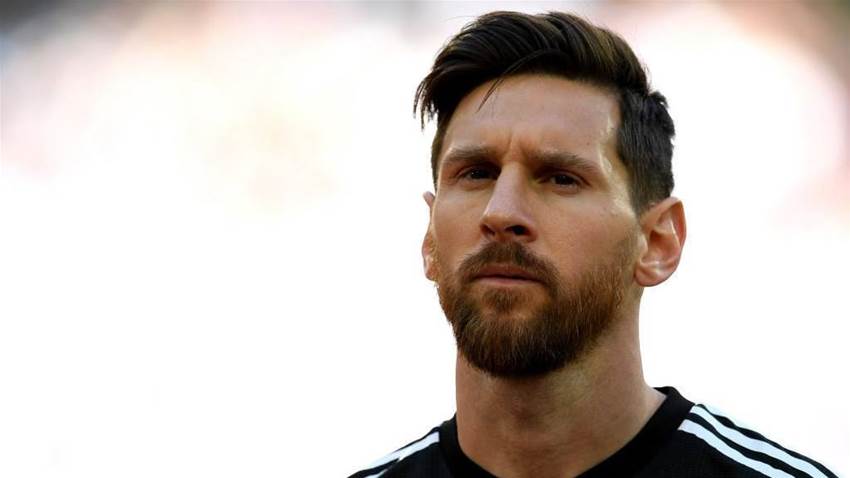Group D is intriguingly posed going into the final round of fixtures, with all four sides vying for a spot in the knockout stages.
Croatia have already booked their place in the round of 16 but will hope to progress as group winners when they face Iceland on Wednesday morning (AEST).
The Scandinavian side must win at the Rostov Area to keep their chances alive and pray Nigeria fail to beat Lionel Messi’s Argentina in the simultaneous fixture.
The 2014 runners-up have been one of the biggest disappointments at the tournament so far but could still qualify with a victory over the Super Eagles.
Here are five things we’ve learnt from the group so far.
1. Messi can’t do it all on his own
Even in the 2014 World Cup, when Argentina made it all the way to the final, the South American giants were heavily reliant on their talisman.
Still, La Albiceleste possessed a solid spine in Brazil, with goalkeeper Sergio Romero, Ezequiel Garay, Pablo Zabaleta and Javier Mascherano, helping them keep four clean sheets in seven games.
Four years later, Argentina’s rearguard has been eroded, heaping more pressure on the side’s talented attackers – particularly Messi.
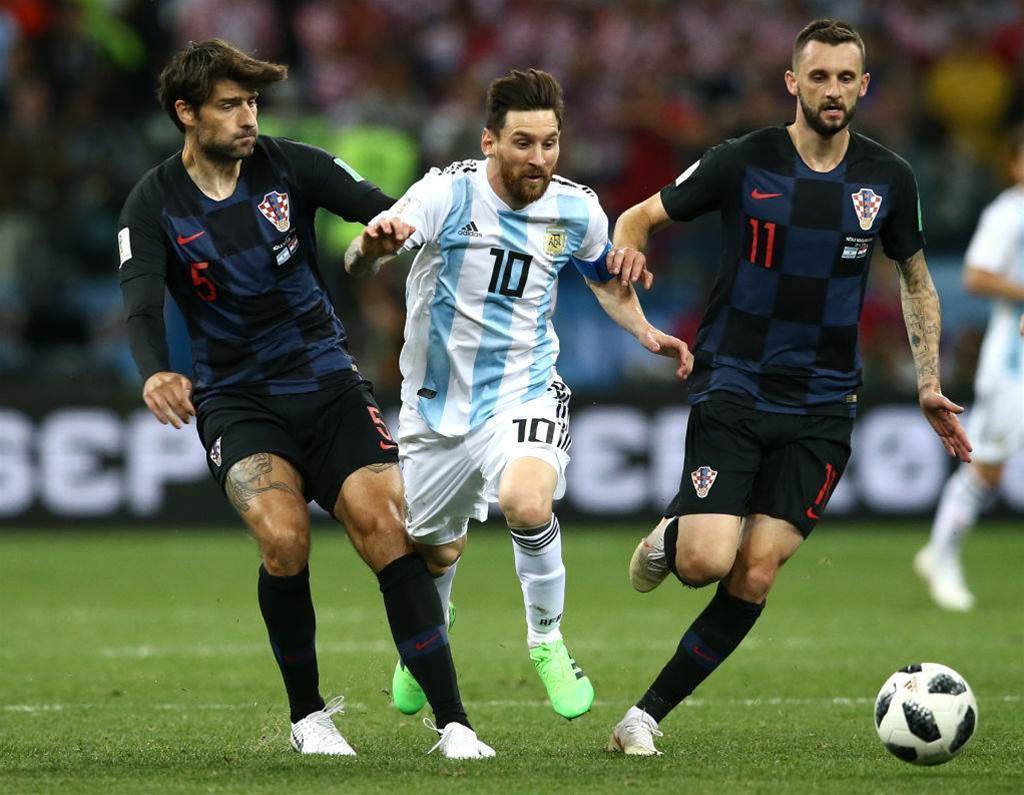
In Russia, Argentina’s defence has looked vulnerable at best, and against Croatia they imploded completely.
Manager Jorge Sampaoli has switched from a back four to a back three but in both games the side has looked unbalanced and off the pace. Not even Messi was able to bail them out.
2. Croatia are starting to click
Vatreni fans won’t be getting too carried away despite their impressive start to the tournament. Besides, they’ve seen this before.
Croatia made a similar start at the European Championships two years ago, topping a group which included defending champions Spain before crashing out to Portugal in the round of 16.
Still, this is the first time Croatia have reached the knockout stages at a World Cup since their run to the semi-finals in 1998.
In recent years, no manger has found a way to maximise the talented duo of Luka Modric and Ivan Rakitic in midfield.

However, the pair were immense as Croatia swept Argentina aside last time out, while consecutive clean sheets suggest solidity at the back.
3. Musa is a hot prospect
The pacey striker arrived at then-Premier League champions Leicester City in 2016 with a promising reputation.
Musa’s Champions League pedigree for CSKA Moscow, as well as his form for Nigeria, prompted the Foxes to part with £16 million (AUS $28.6m). After registering just two goals in 21 Premier League appearances, the forward returned to his former club on loan 17 months later.

But, after starting on the bench in Nigeria’s 2-0 defeat to Croatia, Musa showed just what all the hype was about with and a man of the match performance against Iceland.
The Scandinavian side, who often boast a strong defence, simply couldn’t cope with the 25-year-old’s blistering pace and ruthless finishing, as Musa’s second-half brace secured a 2-0 Nigeria victory.
4. Iceland are no longer the underdogs
Everyone loves an underdog and Iceland’s run to the quarter-finals at the European Championships two years ago was certainly a great story. Unless you’re English.
Their fairy-tale run continued when Heimir Hallgrimsson’s side became the smallest nation to ever qualify for a World Cup, but should we really be so surprised anymore.
It’s clear that this Iceland side possess an incredible team spirit and are a well-drilled unit, while Everton playmaker Gylfi Sigurdsson offers quality from set plays.

On their World Cup debut, Iceland’s robust back line kept Lionel Messi at bay, and many tipped them to go on and beat Nigeria in the following fixture.
It all seemed too good to be true, and defeat to the Super Eagles gave Iceland a harsh reality check. Still, they’re not out of it yet.
5. Changing systems is a risky game
Both Argentina and Nigeria switched to a back three after disappointing performances in their opening games.
Following his side’s 1-1 draw with Iceland, Sampaoli threw the game plan out the window against Croatia, as La Albiceleste adopted a 3-4-3 formation in Nizhny Novgorod.
It was a recipe for disaster, as the Croatians exploited Argentina’s sluggish and disorganised back line to run out comfortable 3-0 winners.

A day later, Nigeria manager Gernot Rohr took a similar risk when he abandoned the 4-2-3-1 system he deployed against Croatia in their opening game.
However, the Super Eagles were much more balanced and disciplined with three men in their back line and subsequently recorded a clean sheet against Iceland.
Related Articles
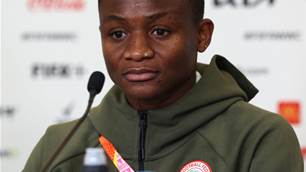
Nigeria out to shock World Cup heavyweights England
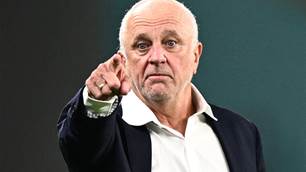
Socceroos coach says Argentina can only 'play two ways'
